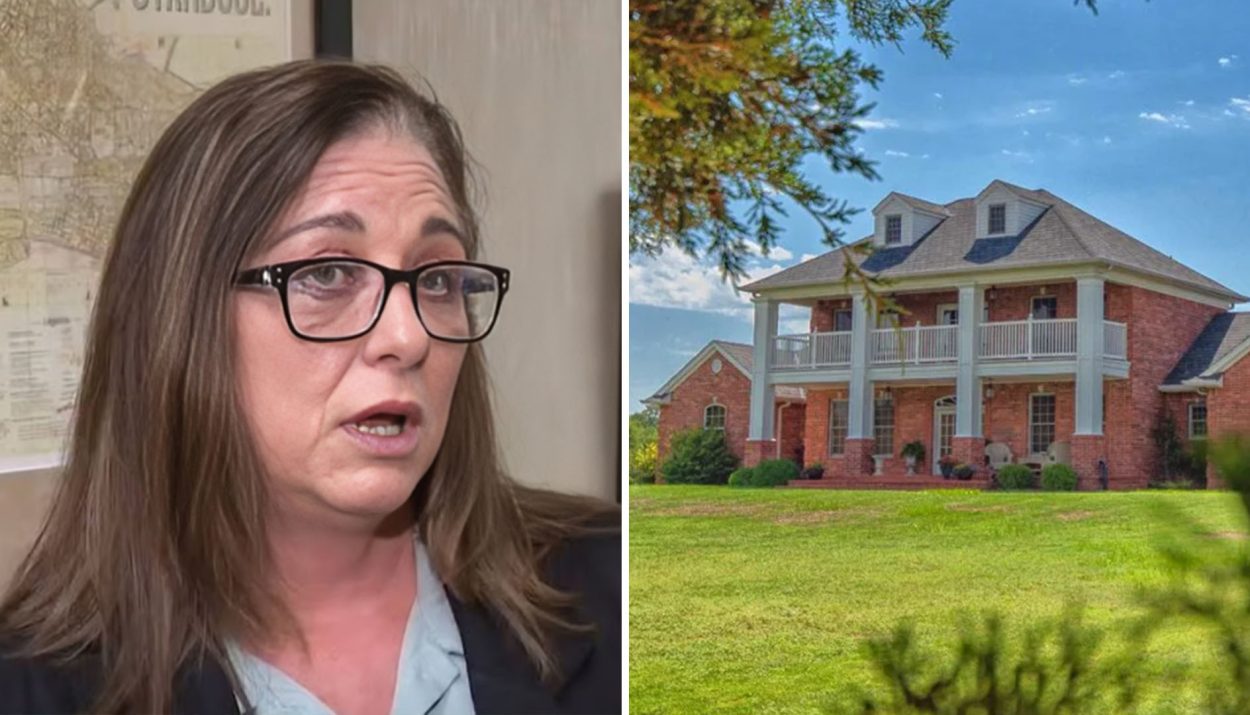Eminent domain is a well-known concept in many places in the world. Unfortunately, it has previously been used for nefarious purposes, like depriving people of their homes. This Oklahoma family was having none of it and fought back against an eminent domain claim. Here’s how they won the lawsuit.
Building a Forever Home
The Brewers spent much of their life savings to build a beautiful home. According to Samantha Brewer, this home was supposed to be their “forever home,” but public infrastructure had other plans.

The couple lost their home when the Kickapoo Turnpike was built. The Oklahoma Turnpike Authority (OTA) offered them a pittance for demolishing their forever home, but they fought it.
Fair Compensation Not Offered
The pair decided to retain Nick Atwood’s services from Ritchie Rock & Atwood. Nick says the couple lost much more than just their home in the demolition. There was emotional attachment.
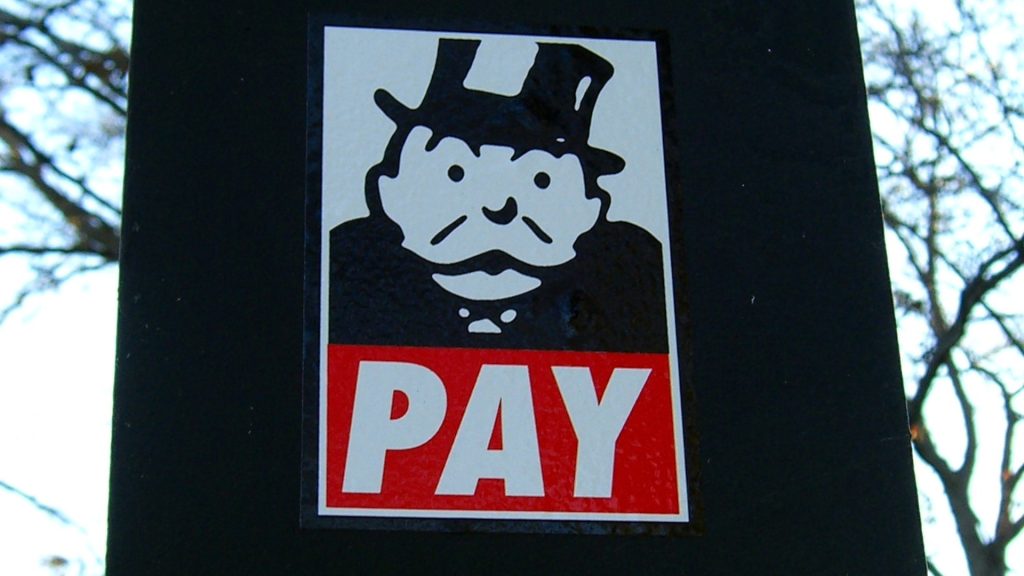
In March, a jury awarded the Brewers $2.9 million because the OTA failed to take into account the connection they had with their home when offering compensation the first time around.
Seizing the Couple’s House
The demolition wasn’t the added insult to injury. Even though their home was gorgeous, and they planned to live there the rest of their life, they lost more real estate than just the house.
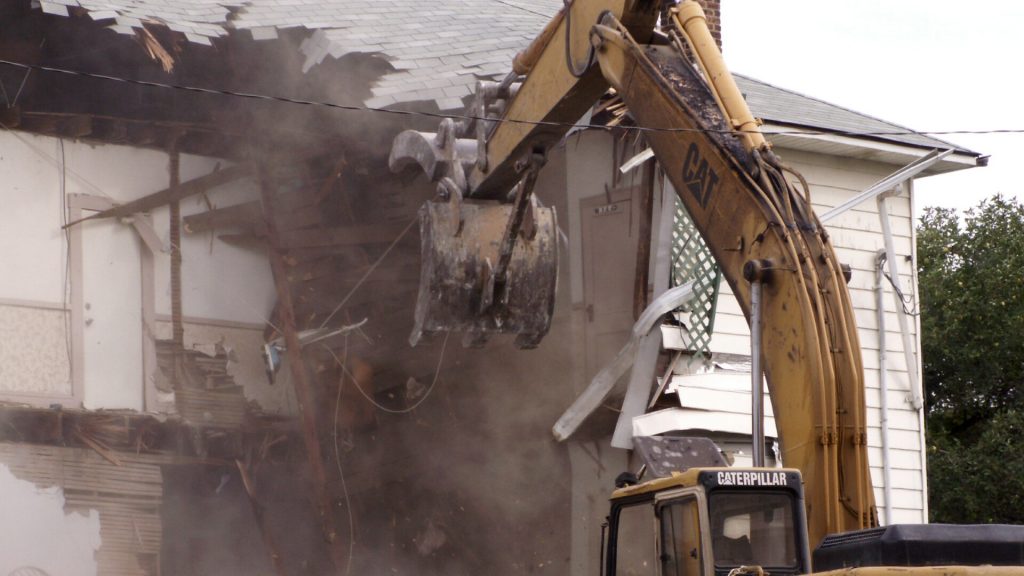
Under eminent domain, the OTA took the property, too, stating that it was required as a buffer zone for the construction of the turnpike. Eminent domain can be challenging to fight against.
What Is Eminent Domain?
Eminent Domain is a legal concept granting governments authority to seize private property for public use, compensating owners fairly. This power typically applies to infrastructure projects.
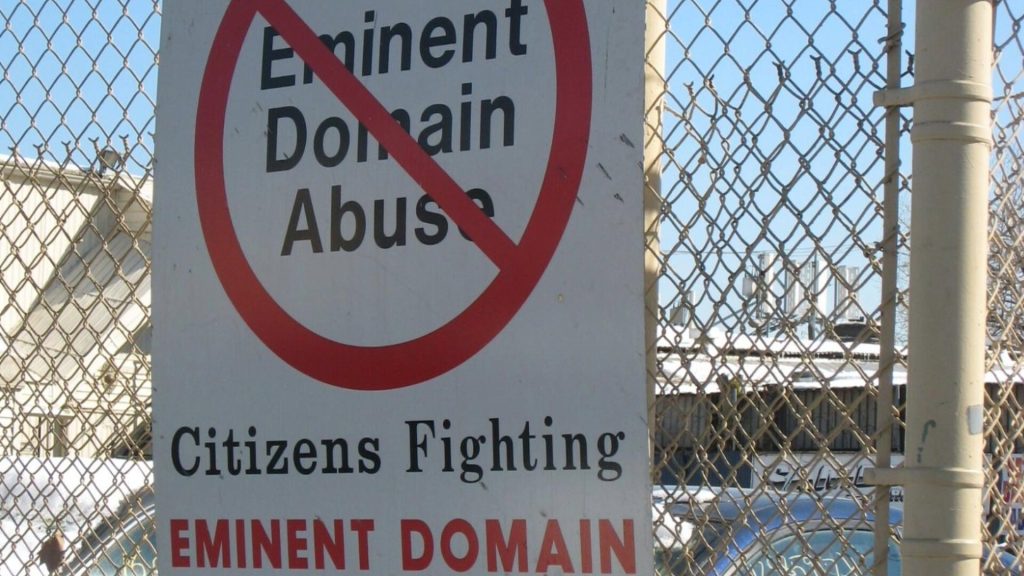
Governments must justify takings as serving the public good, often through due process and compensation negotiations. In this case, the Kickapoo Turnpike benefits thousands of people.
Eminent Domain Isn’t All Bad
If you’re basing your opinion of eminent domain on what happened to the Brewers, then you’ll probably think that eminent domain is one of the underhanded schemes of the government.

However, eminent domain has also been used in really good ways, such as controlling areas for historical preservation or turning them into nature reserves.
The Fifth Amendment Protects Citizens
Most Americans overlook the Fifth Amendment to the Constitution, but the average person’s protection against eminent domain is contained within that piece of legislation.
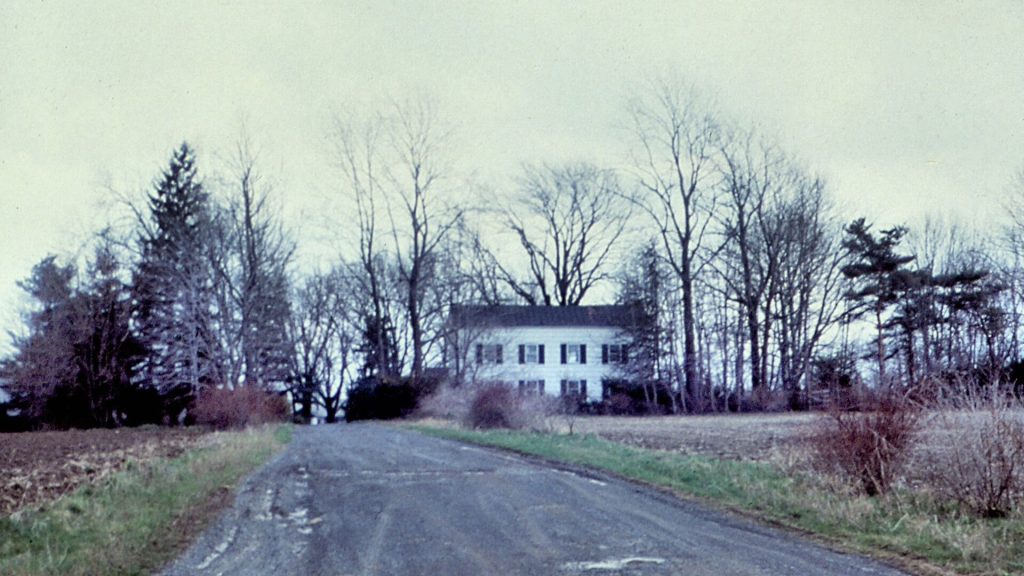
According to the Fifth Amendment, the government cannot seize any private property for public use without fairly compensating the original owner. There’s usually a debate about what fair compensation entails.
A Massive Seizure
The OTA needed a vast swathe of land from the Brewers, and the final amount seized by the state for constructing the turnpike was around 46 acres of the Brewers’ 140-acre parcel.

The OTA’s valuation methodology allowed them to offer up to $1.5 million at most for acquiring the property. The Brewers felt that it was worth a lot more and contracted their own valuator.
A Different Valuation
The Brewers’ valuator told them that the property the OTA was seizing was worth a lot more. At the trial, the valuator testified that the property was worth around $1.9 million.

The award was around a million dollars more than the valuator rated the property. Some experts suggest this was because the turnpike cut the Brewers’ property in two pieces.
Challenging Eminent Domain Is a Tricky Process
There’s nothing straightforward about eminent domain. However, there are a few ways that individuals whose property was acquired can challenge the state about the acquisition.

Under the law, the state must prove that the parcel was acquired for public benefit and fairly compensate the owner, but often, the state’s idea of what’s fair is questionable.
Stick With the Fight
Samantha Brewer advises that people considering fighting the government over eminent domain should not give up once they start the battle. It’s how the state wins most of its suits.

She suggests that if you feel you’re being treated unfairly, consult a lawyer and take the case to trial. At the very least, you can have your day in court and demonstrate how the government has wronged you.
One Approach Is Better Than the Other
In this case, there is one approach that’s better than others. Trying to prove that the state didn’t have a reason to acquire your property is likely impossible.

Before authorities decide on eminent domain as a solution, they conduct extensive inquiries and tests to ensure that there is no other way that they can accomplish their goals. Most people can’t fight that level of due diligence.
Most Disputes Are About Fair Compensation
Many experts agree that when it comes to eminent domain, the most important consideration that people can fight the government on is fair compensation, as the Brewers did.

The value of a property is based on more than just its size. Valuators use many other factors when attempting to estimate the price of a parcel. State valuators might not offer the best possible price for a parcel acquired under eminent domain.
Your Estimation Doesn’t Really Matter Much
Sometimes, people think that their parcel is worth more than it actually is. Starting litigation against the state for your property requires you to perform a proper valuation on your parcel.
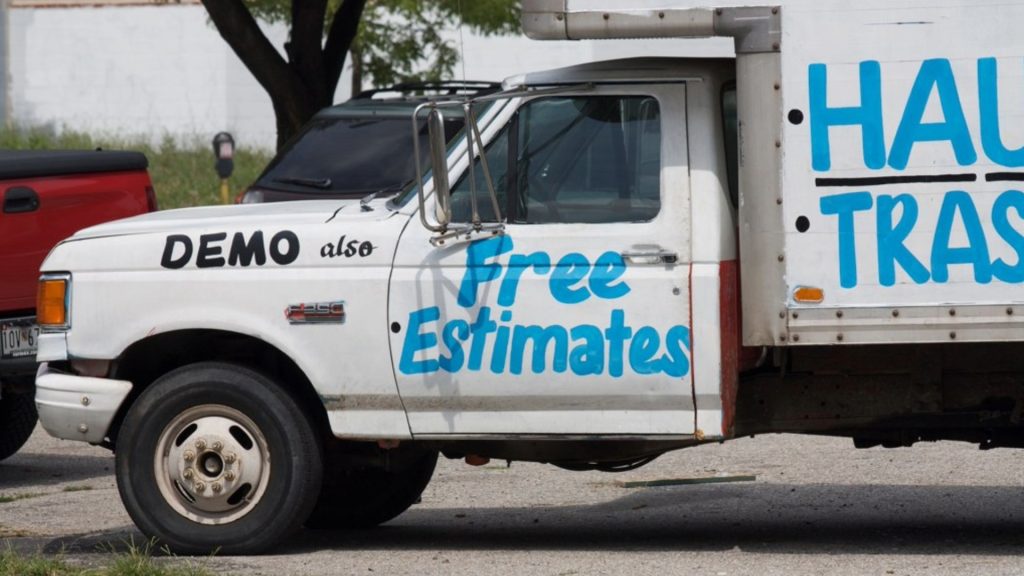
Professional valuators are trained to spot value in a parcel and might give you the best defense against eminent domain. However, this relies on going on a professional’s recommendation.
Should You Fight Your Eminent Domain Case?
Eminent domain is complex because everyone has an opinion on value. The only way to be sure that you’ll see returns on your case is to ask a professional. However, it’s important to stick with the case until the end.

Don’t get sidetracked or bogged down by the state’s evidence and trust in your lawyer and your valuator. If the state has lowballed you, you should take it to court and get what your property is worth. It’s the least the state can do for forcibly acquiring your property, after all.

